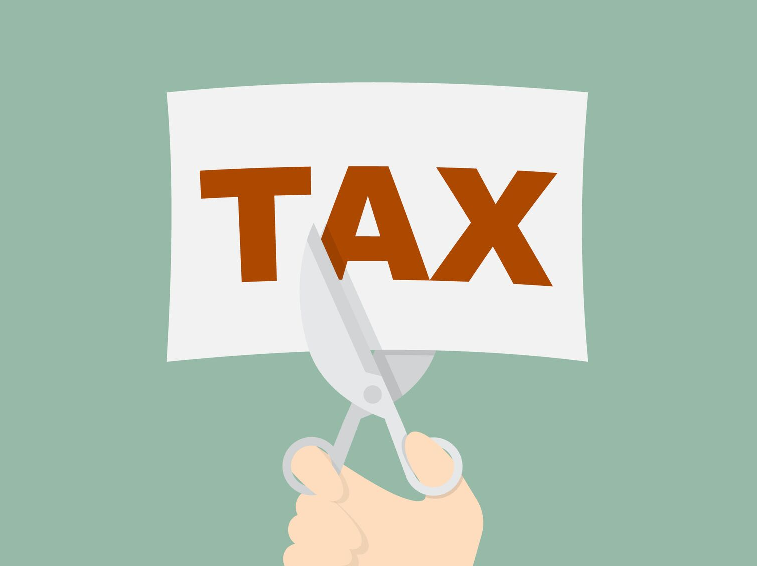
Software: and now, which tax is levied, ISS or the “New ICMS”?
ABES, ABRADISTI, ACATE, ASSESPRO and FENAINFO mobilize to support the two ADIN (Direct Action of Unconstitutionality) that CNS already sponsors in the STF
The main idea is to support the ADINs (Direct Action of Unconstitutionality) that the CNS (National Confederation of Services) is already sponsoring in the STF against the collection of ICMS on the sale of Software.
“We need the support of the entire sector to reverse this scenario of discretion and tax insecurity. In April, the state of São Paulo will begin to double-tax software sales and, therefore, we need to get a quick decision from the Court on what tax is actually due: will it be the municipal ISS, as it has been for more than 30 years , or this “New ICMS”. Companies that pay ISS (municipal tax) must not pay ICMS (state tax). With both taxes levied on the same taxable event, double taxation is unconstitutional”, comments Jeovani Ferreira Salomão, president of ASSESPRO NACIONAL.
“This agreement also brings several other distortions, such as retroactive collection and eventually even the cumulative payment of taxes, collecting 5% at each stage of the production chain. Imagine that it is 5% from the manufacturer to the distributor, then the same percentage from the distributor to the resale and from the resale to the final customer. In other words, the software could be up to 15% in the worst scenario”, concludes the president of ASSESPRO.
“In summary, a simple Agreement, without a Complementary Law, without any participation of the federal legislature, creates a new tax, a “New ICMS” of 5% on the sale of software”, says Manoel Antonio dos Santos, Legal Director of ABES.
The CONFAZ Agreement 181/15 authorizes the states to grant a reduction in the calculation base in operations with software, programs, electronic games, applications, electronic files and the like. The text assumes that the software was already taxed by the ICMS at normal rates (18% in São Paulo) and the States were authorized to charge less, with the floor being 5%.
In the case of São Paulo, a simple decree by the governor, also without the participation of the state legislature, determines that, as of April 2018, this "new ICMS” start to focus on software sales.
Companies will need to decide whether on that date they will pay this "new ICMS”, in addition to the ISS due by law, to the municipalities or not, being subject to inspection, fines and interest.
An alternative that companies can consider is to go to court, company by company, and deposit the value of the "New ICMS" in court. ABES estimates that thousands of companies may file individual lawsuits, overloading the judiciary and the state will not be able to collect what it wrongly planned.
With legitimacy to file Direct Unconstitutionality Actions (ADI or ADIN) directly in the Supreme Court (STF), the entities demand judicial recognition of the right of companies in the sector to be taxed exclusively by the ISS. A multi-entity and multi-company fund was created to carry out the legal and judicial activities necessary to defend the interests of the sector.












